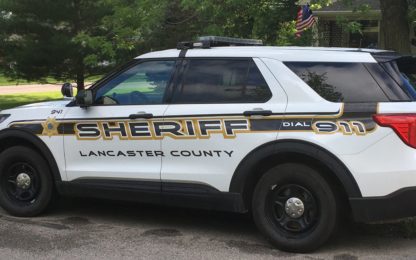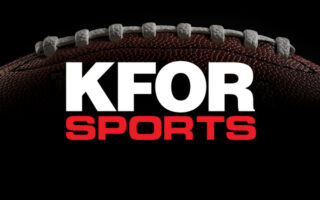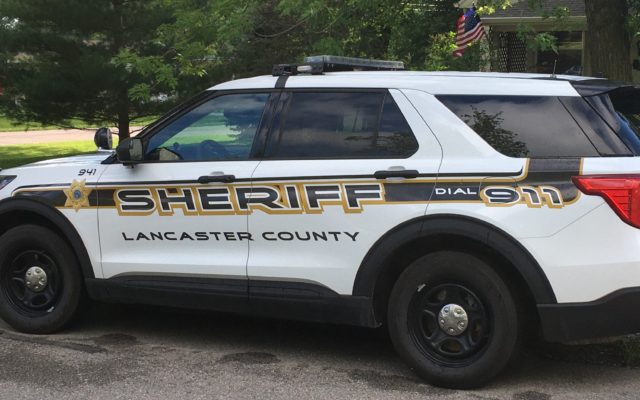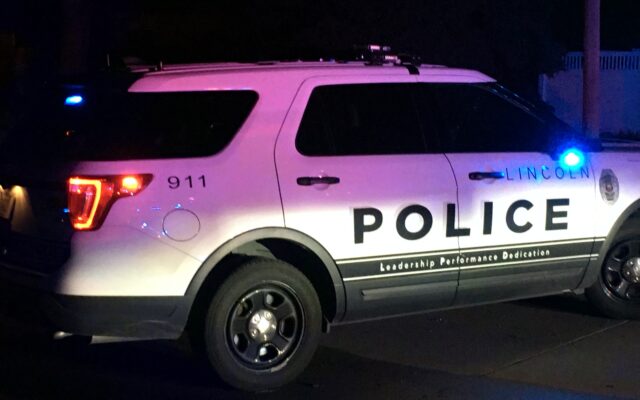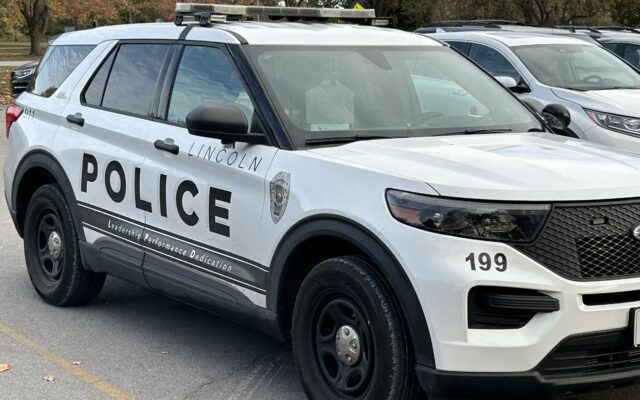Supreme Court Rules on Ballot Initiatives

LINCOLN, NE (September 10, 2020) – In decisions issued today, the Nebraska Supreme Court ordered that three gambling initiatives be placed on the November general election ballot, and that a medical cannabis initiative be withheld from the ballot.
According to statute, the statewide ballot for the November 3 general election must be certified no later than tomorrow, Friday, September 11. Secretary of State Bob Evnen announced that the certified ballot will contain three gambling initiatives and will not contain the medical cannabis initiative, in accordance with the Supreme Court’s decisions.
Evnen said, “The Secretary of State is required by statute to issue determinations as to whether initiative petitions are legally sufficient. I did my best to make those determinations on a timely basis in accordance with law. Today the Supreme Court issued its decisions concerning these petitions. I respect the rule of law and I will certify the ballot in compliance with the Court’s orders.”
Evnen added, “I note that the Court split 4 to 3 in ordering the placement of the gambling initiatives on the ballot. I appreciate the Court’s consideration of my positions on these matters.”
Supporters and opponents presented arguments before the Nebraska Supreme court last week over three sets of ballot initiatives, involving gambling, medical cannabis and payday lending. After review in August, Evnen announced that he would withhold all three gambling initiatives and place the medical cannabis on the ballot unless the Supreme Court ordered otherwise.
In his determinations about the gambling and medical cannabis initiatives, Evnen wrote, “The Constitutional right to bring forward initiative petitions for a vote of the people is fundamental to our state governance and is to be zealously protected.” The initiative process protects the right of Nebraska voters to change their state constitution and statutes.
The court’s ruling on Medical Marijuana was a win for social conservatives, including Gov. Pete Ricketts, who argued that the state shouldn’t legalize a drug that isn’t approved by federal regulators.
The court also ruled that a measure to allow casino gambling can appear on the ballot, despite opposition from Ricketts and other conservatives who say it will contribute to gambling addiction and bankruptcies. The rulings came one day before the legal deadline to certify both measures for the general ballot.
Justices concluded that the medical marijuana proposal violated Nebraska’s “single subject rule” for ballot measures, which bars activists from bunching multiple issues into a single yes-or-no question for voters to address. Specifically, they took issue with provisions that would allow people to use marijuana while also produce it in-state, among other issues.
“If voters are to intelligently adopt a state policy with regard to medicinal cannabis use, they must first be allowed to decide that issue alone, unencumbered by other subjects,” the court said in its opinion.
Backers of both causes announced in July that they had gathered more than enough signatures to submit the issues to voters. They launched the campaign after Nebraska lawmakers repeatedly rejected measures to legalize casino gambling and medical marijuana.
Gambling advocates also tried a ballot drive in 2016 but failed to gather enough signatures. Evnen said organizers of this year’s drive collected the required number of signatures to qualify. But he said letters submitted to him from the attorneys of gambling opponents pointed out what he considers to be misleading ballot language.
The gambling drive was spearheaded by horse-racing advocates and Ho-Chunk Inc., the economic development arm of the Winnebago Tribe of Nebraska, which poured millions of dollars into the effort.
The three measures would have changed Nebraska’s constitution to allow gambling and created two laws to regulate and tax the industry. If passed, some of the tax revenue would be funneled into a state property tax credit.
Evnen took issue with one of the ballot measures that said casino gambling would only be allowed at state-licensed racetracks. He said the statement was “materially misleading” to voters because the measure would also allow casinos on tribal lands in Nebraska, even if they don’t have a racetrack.
The court rejected Evnen’s argument, noting that the measures are broken into three separate items that voters can consider individually.
Read More: Legalizing Casino Gambling May Pop Up On 2020 Ballot

